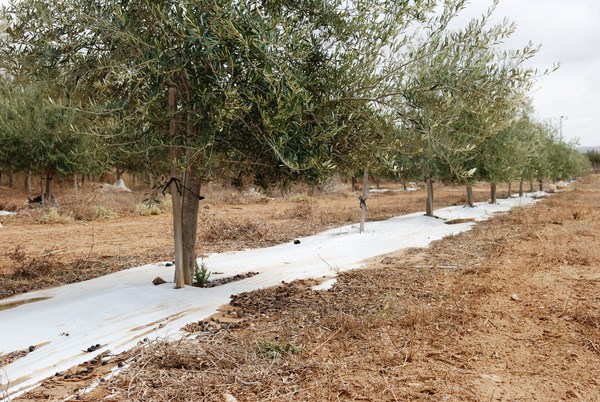One of the big themes at the Milken Global Conference last month was that the rate of economic growth in developing countries now exceeds the rate of growth in developed countries. That statement hasn’t been true since the industrial revolution began two centuries ago.
The implications for future investment flows are wide-ranging, with important, underappreciated benefits for the developed world, especially its aging populations. If we can create projects in developing countries with sufficient standards to attract investment, the prospect of achieving higher investment yields is real – and very promising for developed countries.
Here’s why: more than $8 trillion in investable funds worldwide is sitting today in negative-yield bonds. With negative yields, those bonds are not making any contribution to pensions fund assets.
Pension funds need higher yields to build assets to support retirees. And developing countries with younger populations need investment to generate economic growth, middle-class jobs, and better living standards.
Boosting output and productivity in food production — agriculture — in poor countries is necessary to further reduce extreme global poverty.
Global population reached 7.5 billion within the past two months, and is projected by the U.N. to reach eight billion by 2024. Major challenges in developing countries are in food security, clean water and sanitation, energy and light, and health care. Food output alone has to increase by 60 percent by 2050 to feed a population projected at nine billion. We can do this. All we need is to apply lessons from Israel’s remarkable success in blending finance, investment, technology and science in each of the four imperatives to leap into the ranks of developed countries.
One part of our Milken Global panel, “Start Up Nations: Creating Laboratories for Developing Economies,” focused on Israel as a world leader in water technology and water management. The country is deploying its expertise in several countries in Africa and Asia, and more recently in California. Private investors, expecting good returns, are important contributors in these public-private partnerships.
Since the State of Israel was established in 1948, its population has multiplied by fifteen – to eight million people from 660,000 – and national consumption (as measured by gross domestic product) by ten. A formula for staggering increases in water demand, right? Yet, Israel today is a net exporter of water even though its average rainfall has dropped by half since 1948. How was this possible? Israel recycles 85 percent of its waste water, by far the highest percentage of any nation in the world. Spain is No. 2, at 19 percent. (The olive grove in the photo above is irrigated with reclaimed water.)
A few months ago, California and Israel agreed to share ideas and expertise in water technology as well as energy storage, transportation, and agriculture. At the top of California’s agenda is understanding more about how to accelerate farm output and productivity while reducing water consumption.
Many companies promoted new technologies for better water management during California’s five-year drought that ended this year. But most ideas were impractical, said Karen Ross, California’s top agriculture official and one of our panelists. Public-private partnerships work best when innovators spend time with farmers to test concepts, bring in scientists to gather and analyze data, and have clear policy signals from government.
Reducing by half the volume of untreated wastewater in the world is one of the U.N.’s Sustainable Development Goals for 2030. Scientific analysis and conclusions point the way to more rapid acceptance of better techniques in water management and water usage. And to attract investment required for rapid scaling. The incentives are clear, Ms. Ross said. “Precise use of water reduces energy use. Precise use of water improves and can lower fertilizer use and other inputs.”
Glenn Yago, senior director of the Milken Innovation Center at the Jerusalem Institute, emphasized that growth generated from agricultural investment is four times as effective in reducing global poverty than growth in other sectors. More food, less hunger.
“For me, the scarcity of water is the issue of the 21st century,” Ms. Ross said. “We need to better understand how we can use water – the right times, right places – and all the technologies that go along with that. We need to understand the next generation in deploying recycled water, and how to better match origins of water to more appropriate end use.”
Several Israel technology companies are developing projects addressing these issues now in California. “I have no doubt that California will be able to stand up to its challenges,” said Eli Groner, the American-born director-general in Israel’s Prime Minister’s Office. “It’s possible. It can be done. It has been done. But it takes real focus.”
Added Ms. Ross, “And investment. As good as California has been in adopting technologies, we need to do more through public-private partnerships.”
** **
Photo courtesy of Keren Kayemeth LeIsrael – Jewish National Fund / KKL-JNF.


Leave a Reply